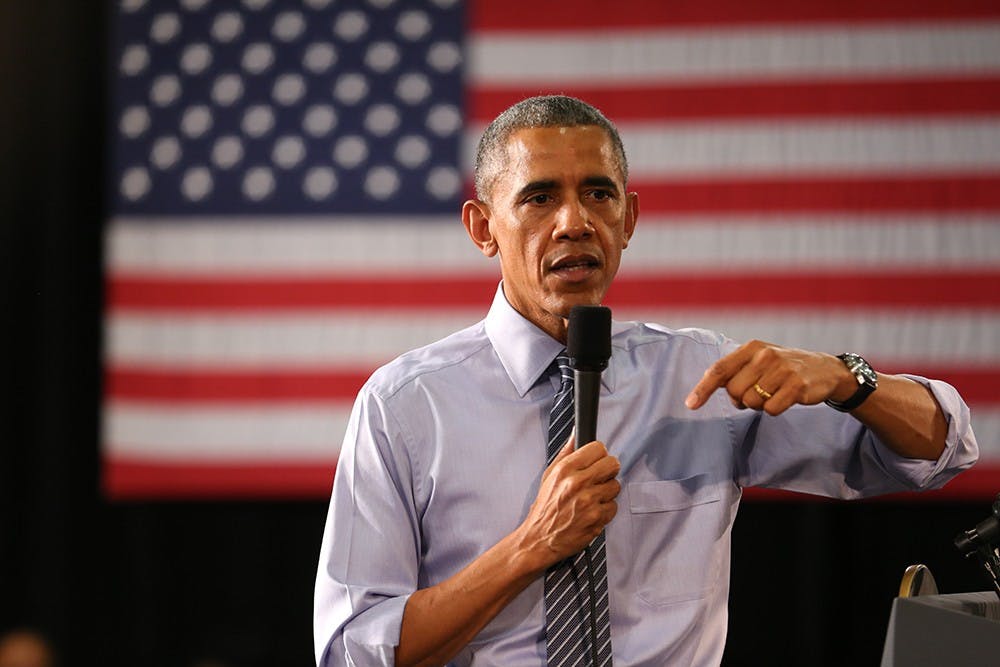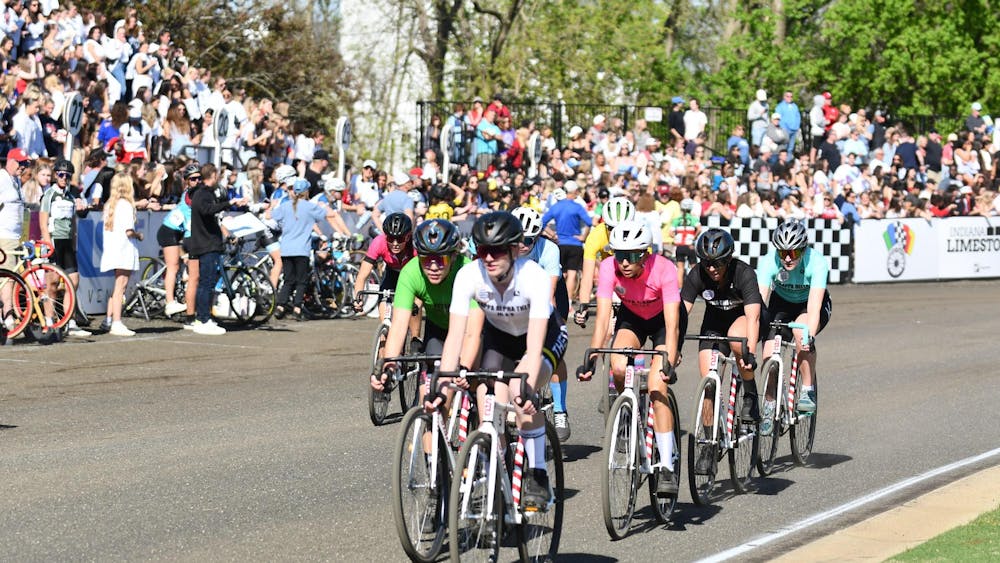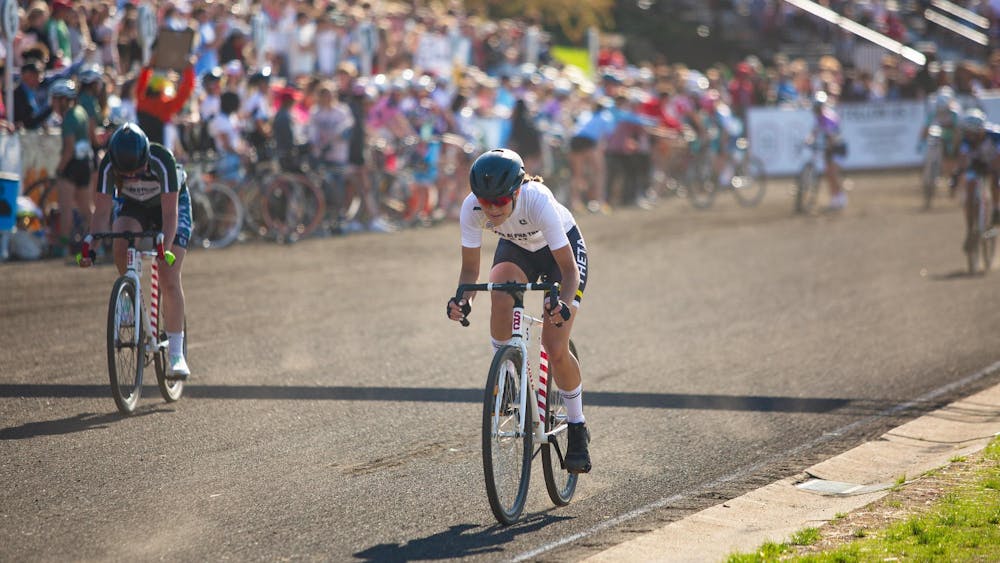Obama came to Indianapolis to deliver a speech to a select number of state officials, education administrators and students at Ivy Tech. It was the seventh visit that he has made to Indiana since his inauguration in 2009.
At approximately 2:30 p.m., Indianapolis Mayor Greg Ballard walked up to the podium and introduced Obama, who then entered the auditorium and greeted the crowd with a booming “Hello, Hoosiers!”
Obama mentioned a number of important policy initiatives in his speech, particularly education, the economy and recent trends of civic engagement.
“We found out that America’s businesses added another 267,000 jobs,” Obama said. “In 2014, our economy created more than 3.1 million jobs, and that’s the best year of job growth since the 1990s.
Over the past 59 months, the private sector has added about 11.8 million, and that’s the longest streak of private sector job growth in our ?history.”
Behind the podium, a blue sign was affixed to the wall, which read “Middle Class Economics.”
“Middle-class economics ... means helping middle-class families afford childcare and healthcare, make it a little easier to pay for ?college without taking on loads of debt,” Obama said. “Middle-class economics also means that we’re investing in what makes our economy grow — better roads, faster internet (and) cutting-edge research so that our businesses are creating high-paying jobs.”
Obama chose to speak at Ivy Tech to introduce the component of his budget proposal that would give two free years of community college to ?eligible students.
“Here in America, it shouldn’t matter how much money your folks make,” he said. “If you’re willing to work hard, you should be able to get that opportunity. And you shouldn’t necessarily have $100,000 worth of debt when you leave.”
This plan would cover the cost of tuition for two years for students who are able to keep at least a 2.5 GPA.
Arnold Morales, a second-year, pre-engineering student at Ivy Tech, was in the audience during the speech.
“I think it’s a great idea,” Morales said, referring to Obama’s proposed plan to give students two free years of community college. “The only problem is that he should have done it years ago.”
Another Ivy Tech student, Alli Ziegler, was able to sit with the group of students who were situated directly behind the president’s podium.
“I thought it was so incredible that our president took the time to speak to all of us at Ivy Tech,” Ziegler said. “Hearing him discuss the benefits of his plan for tuition-free community college made me so excited to see the future of education in America.”
Following his speech, Obama opened up to questions from students, faculty and audience members in an open-forum style.
Questions addressed the effects his plan would have on four-year universities, college savings funds, education for veterans and historically black colleges.
But there were also a number of questions that were not related to his budget.
Isabelle Keller, a student from a local high school, stood up and nervously read her question off of her phone.
“What advice do you have in helping attract high school students and get them more engaged to work in our country’s politics?” Keller asked.
Obama noted the recent negative trends of political participation and compared America’s voter turnout rates to those of nations that are in the midst of civil wars.
“In the last election, only about a third of people who were eligible to vote voted,” Obama said. “And you have elections that take place, for example, in Ukraine, where they’re in the middle of a war, and their participation rates are 60 percent.”
He continued, proposing a solution to Keller’s question.
“The most important thing ... is to help young people understand that politics is not some sideshow in Washington,” Obama said. “It’s how we, together as a community, make decisions about our priorities — what do we think is important?”
The final question asked was about the president’s priorities for the next two years and how Hoosiers can help him achieve his goals.
“My number one priority is to make sure that the American people’s wages and incomes are going up,” Obama said. “And this is something that you can help on: infrastructure. We know that we’ve got about $2 trillion worth of deferred maintenance we need to do in this country.”






